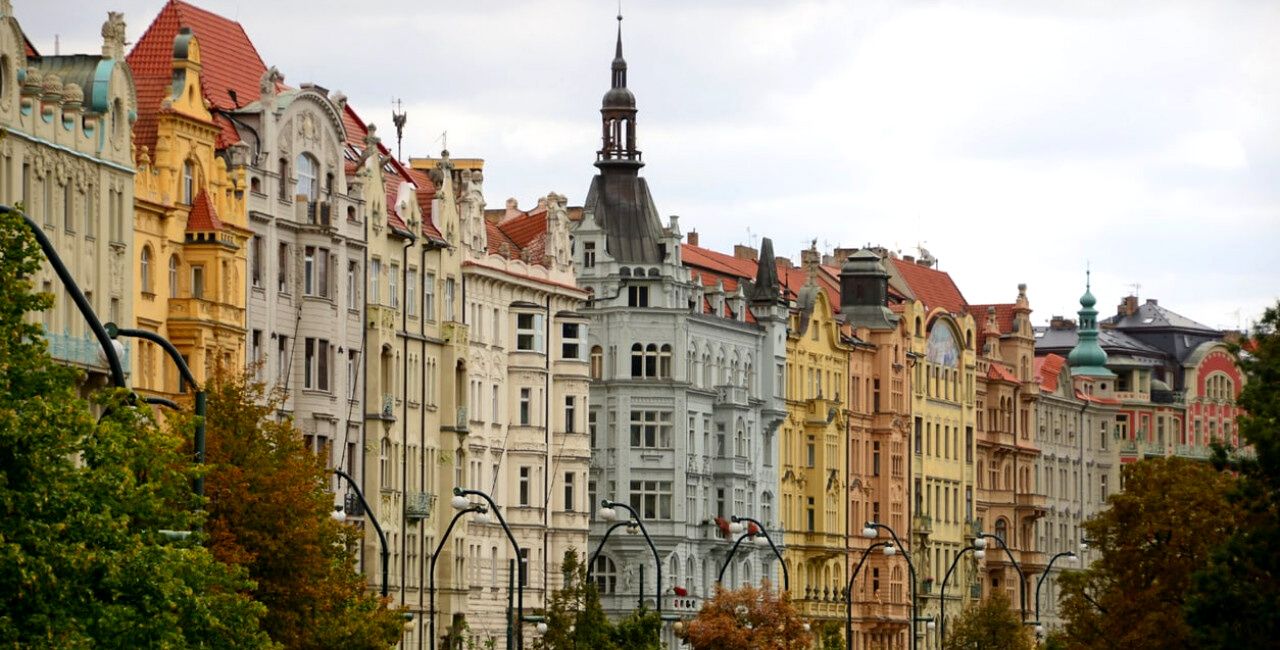Prague grapples with a critical housing affordability crisis, holding the distinction of having the least affordable housing in Europe.
While private construction plays a role, a new analysis by non-profit housing organizations emphasizes the need for substantial political intervention.
The report, presented on Tuesday, highlights a worsening situation despite existing measures by the Prague City Council. The authors propose solutions like expanding municipal housing, rent regulation, and progressive taxation on investment flats.
Representatives from Arnika, Re-set, Platform for Social Housing, Tenants’ Union, and Sustainable Housing in Central Prague co-authored the study. “Despite existing policies,” stated Václav Orcígr of Arnika, the report’s editor, “the housing situation has fundamentally worsened, making Prague the European city with the most unaffordable housing.”
The analysis cites a Politico report from late 2023, claiming it takes roughly 25 years of average net income to acquire a 75-square-meter apartment in Prague. The analyst Nina Fabšíková, pointed out that apartment prices have surged by 50% over the past five years, while rents have increased by 30%. Nominal wages have risen by 21%, but real wages, adjusted for inflation, have actually decreased by 15%.
The report reveals that a significant portion of Prague households (up to 25%) dedicate over 40% of their income solely to housing costs. Barbara Bírová, Director of the Platform for Social Housing, emphasizes that the crisis disproportionately affects vulnerable populations.
“In Prague, 160,000 people risk losing their homes,” Bírová stated. “Nearly 40% of all those facing housing insecurity in Prague are children.” Senior citizen households are also identified as a high-risk group.
The analysis challenges the developer-backed narrative that streamlining permitting processes for private construction is the sole solution. “The dominant argument of limited supply requiring significant deregulation is oversimplified,” argues Orcígr. The study finds that despite the apartment supply remaining comparable to 2011, prices have doubled, showcasing that supply is just one factor impacting affordability.
The report proposes solutions for policymakers to address the crisis. These include expanding the city’s public housing stock, which currently comprises only 5% of apartments in Prague. The authors also urge the city to be more assertive in utilizing developer contributions towards infrastructure development. These contributions could also take the form of allocating a portion of built apartments to the city, according to Orcígr.
Exploring rent control mechanisms inspired by other countries is another potential tool mentioned in the study. To curb the influence of speculation on housing prices, the analysis suggests implementing progressive taxation targeting large property owners, foreign investors, and vacant apartments.
Would you like us to write about your business? Find out more
-
NEWSLETTER
Subscribe for our daily news




